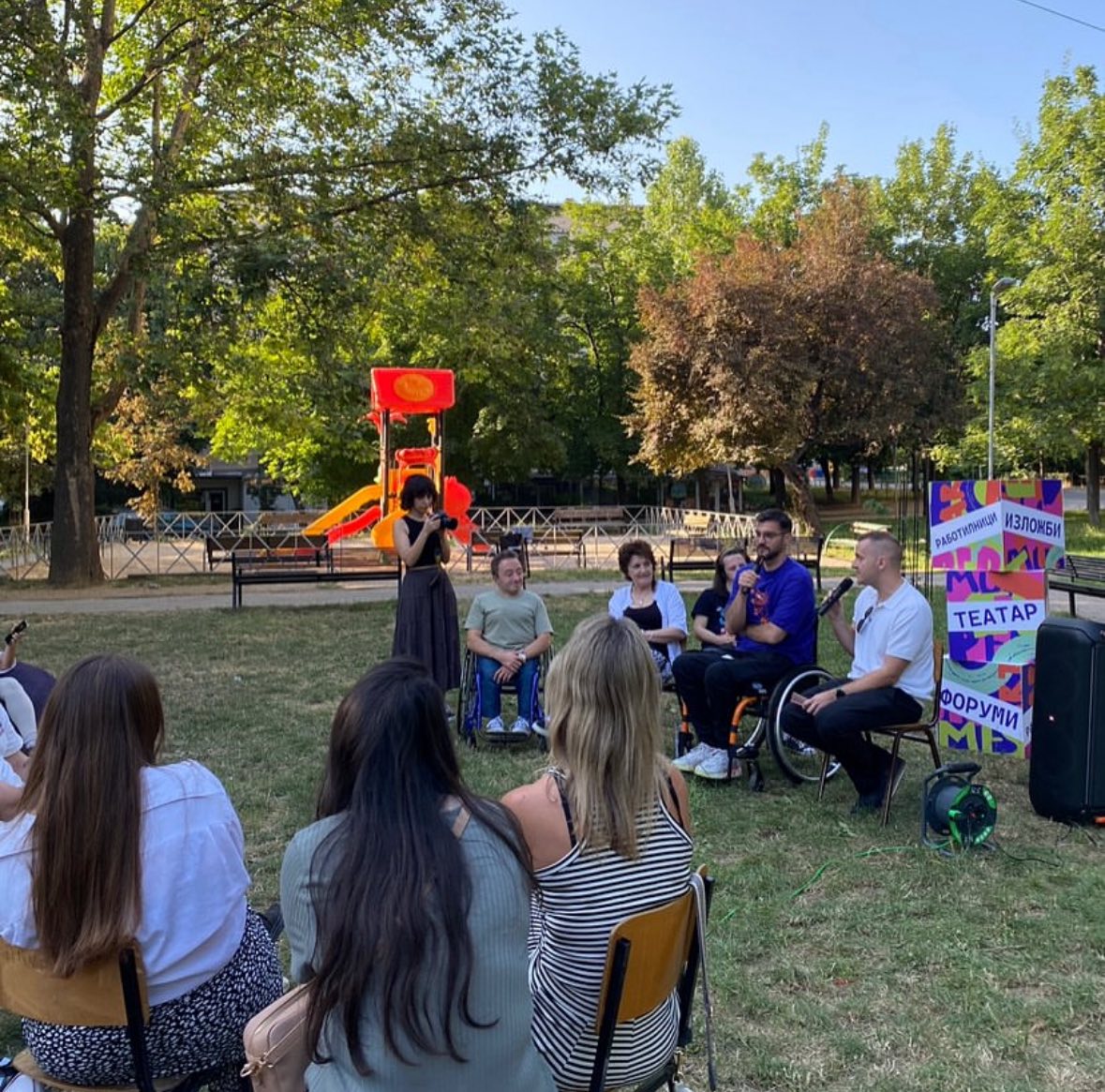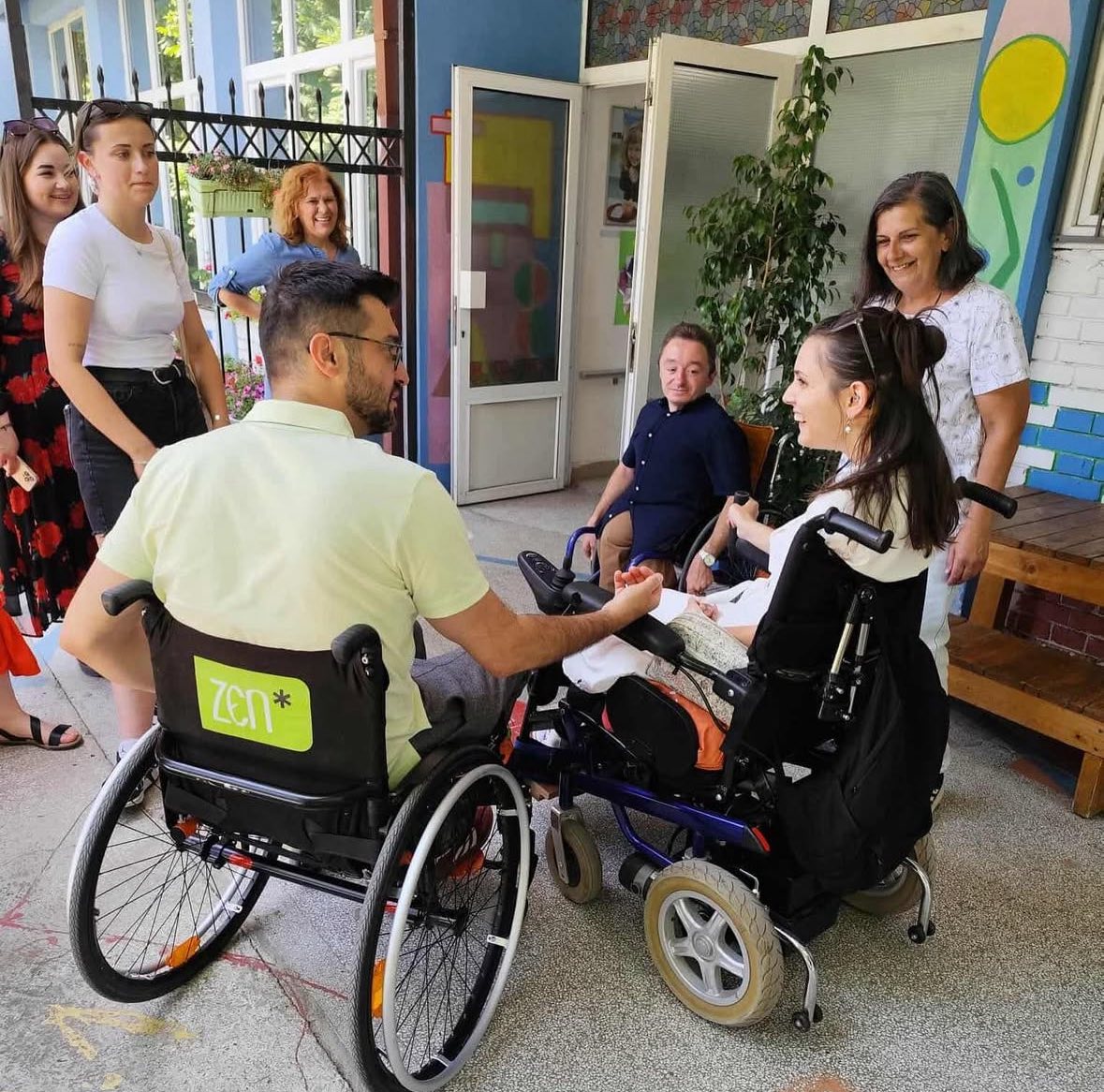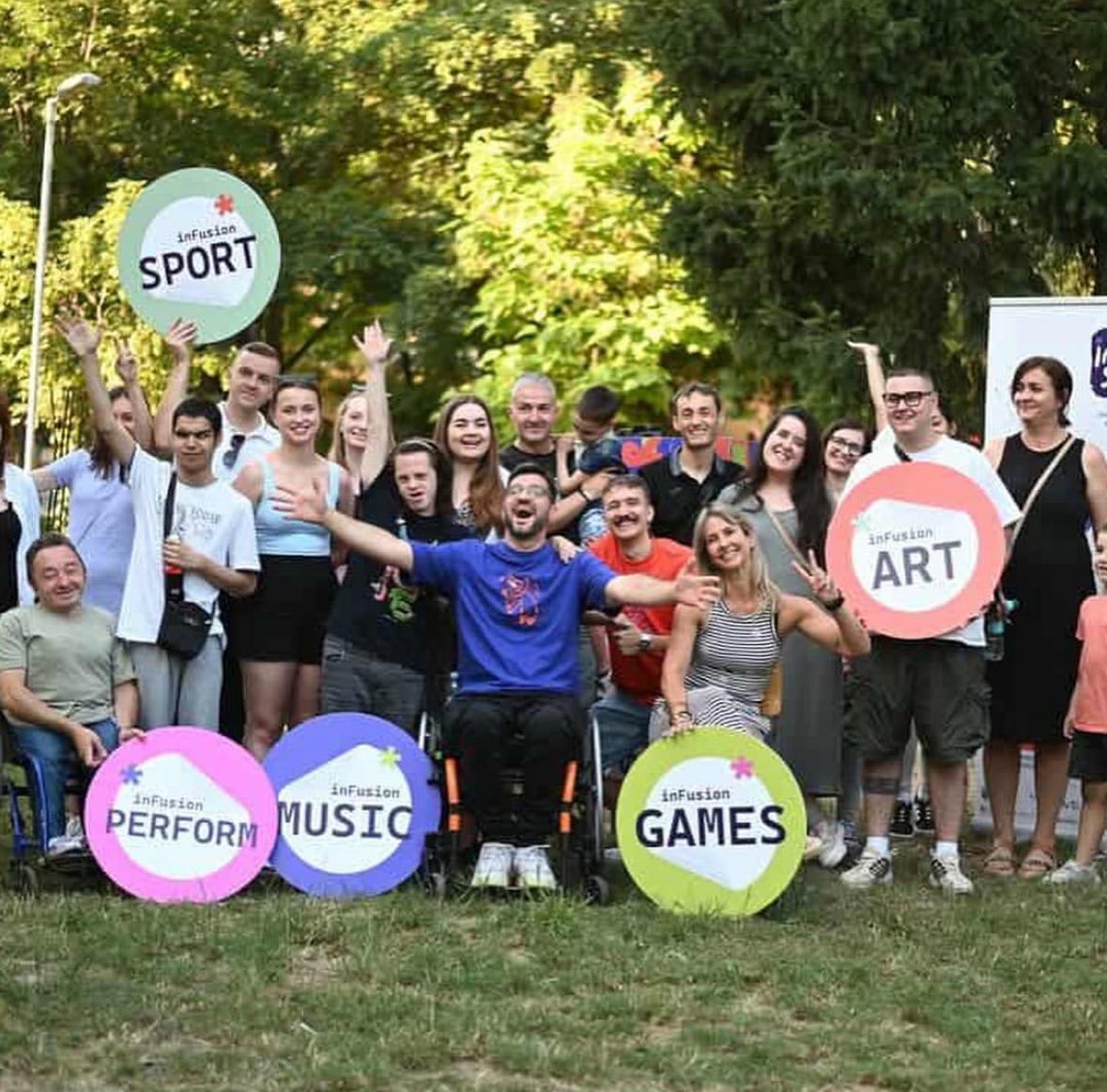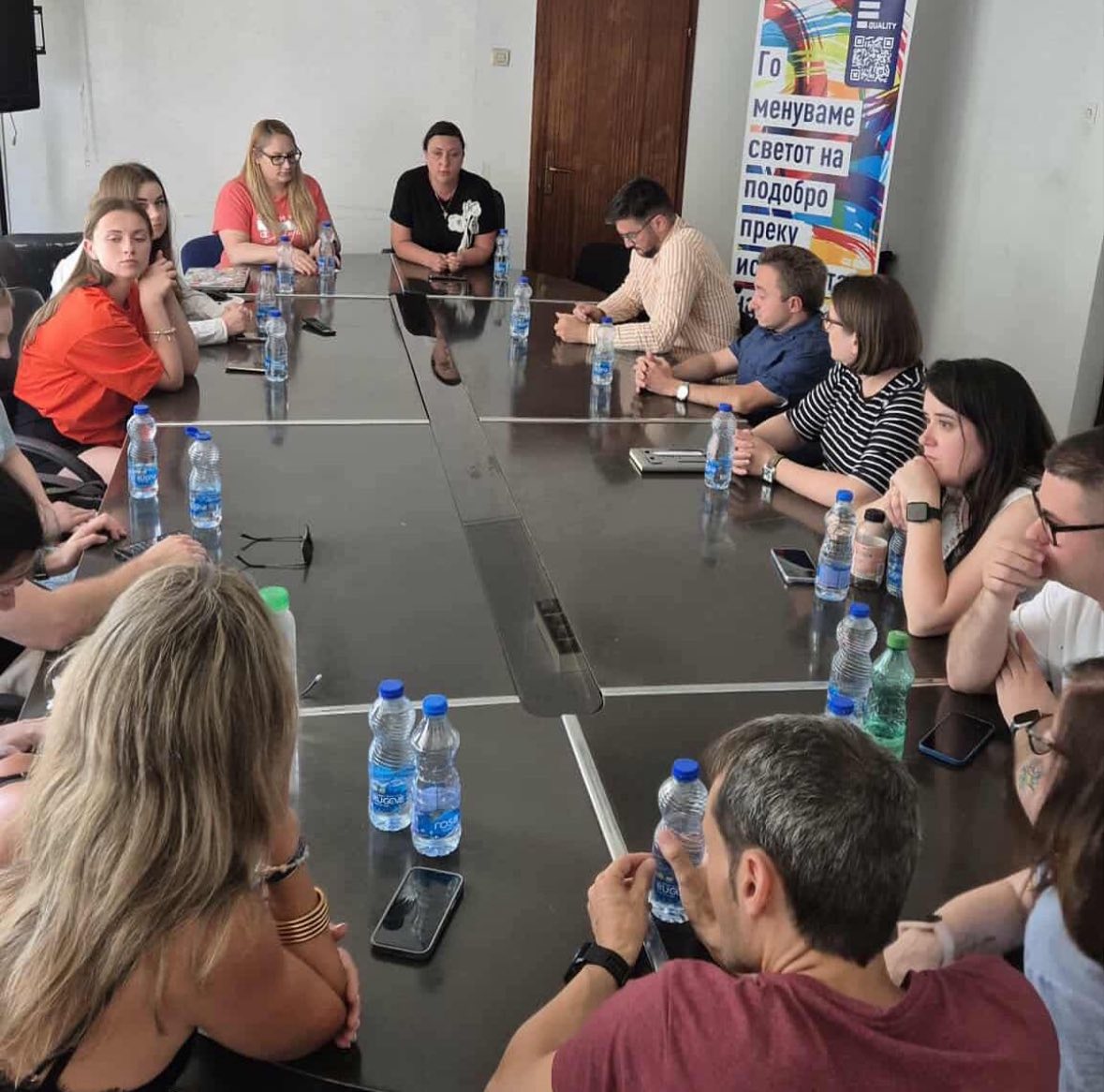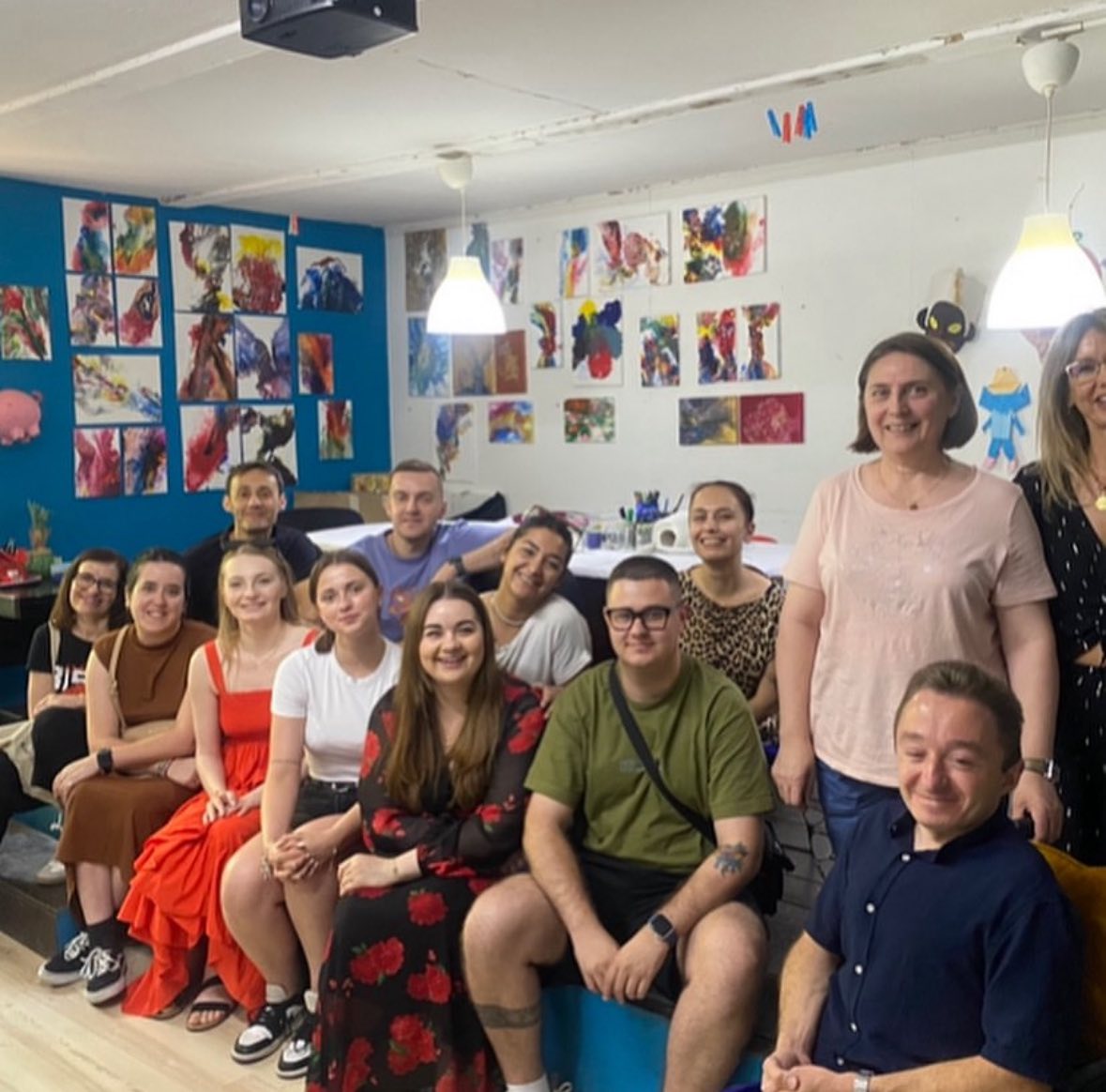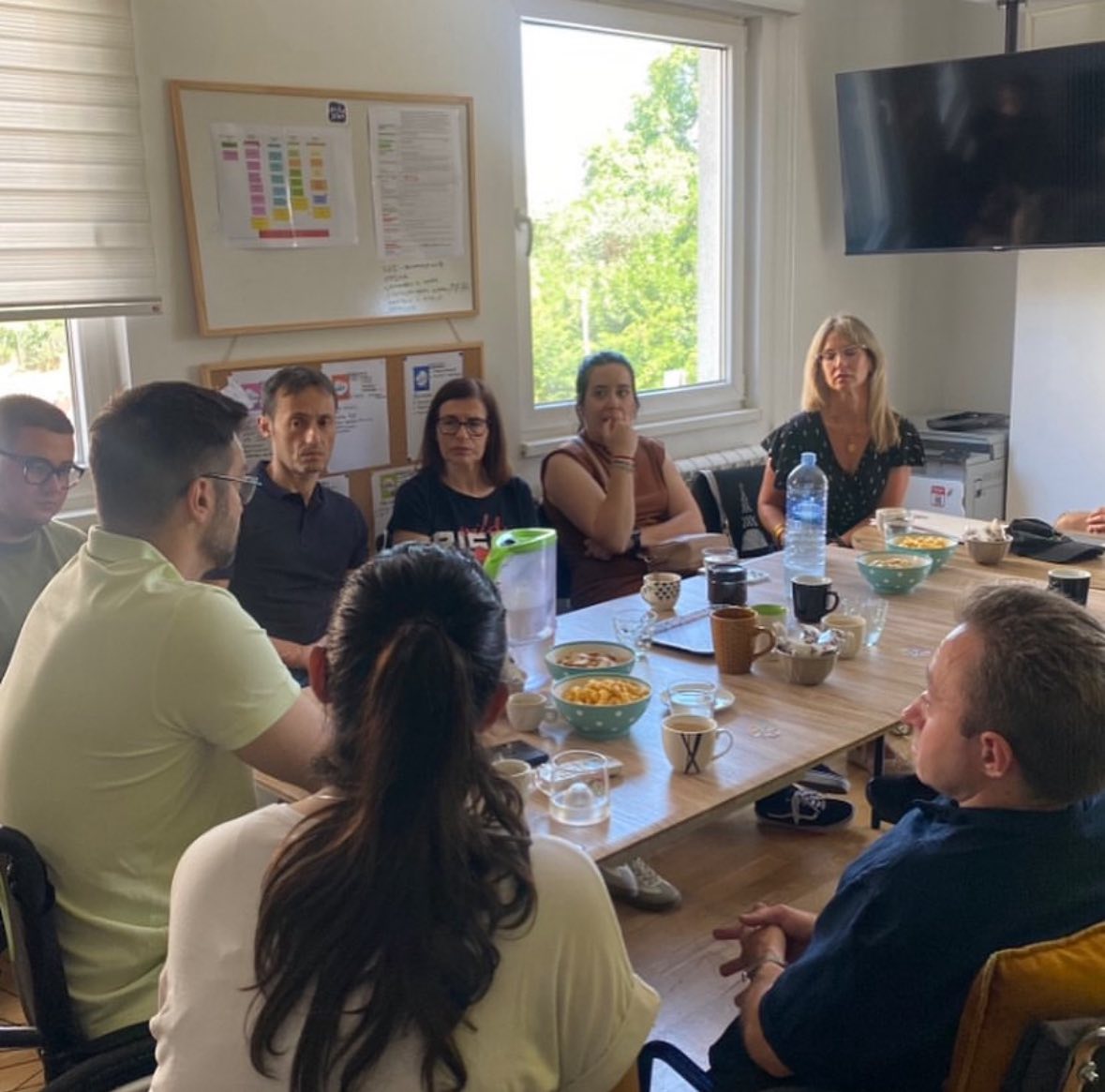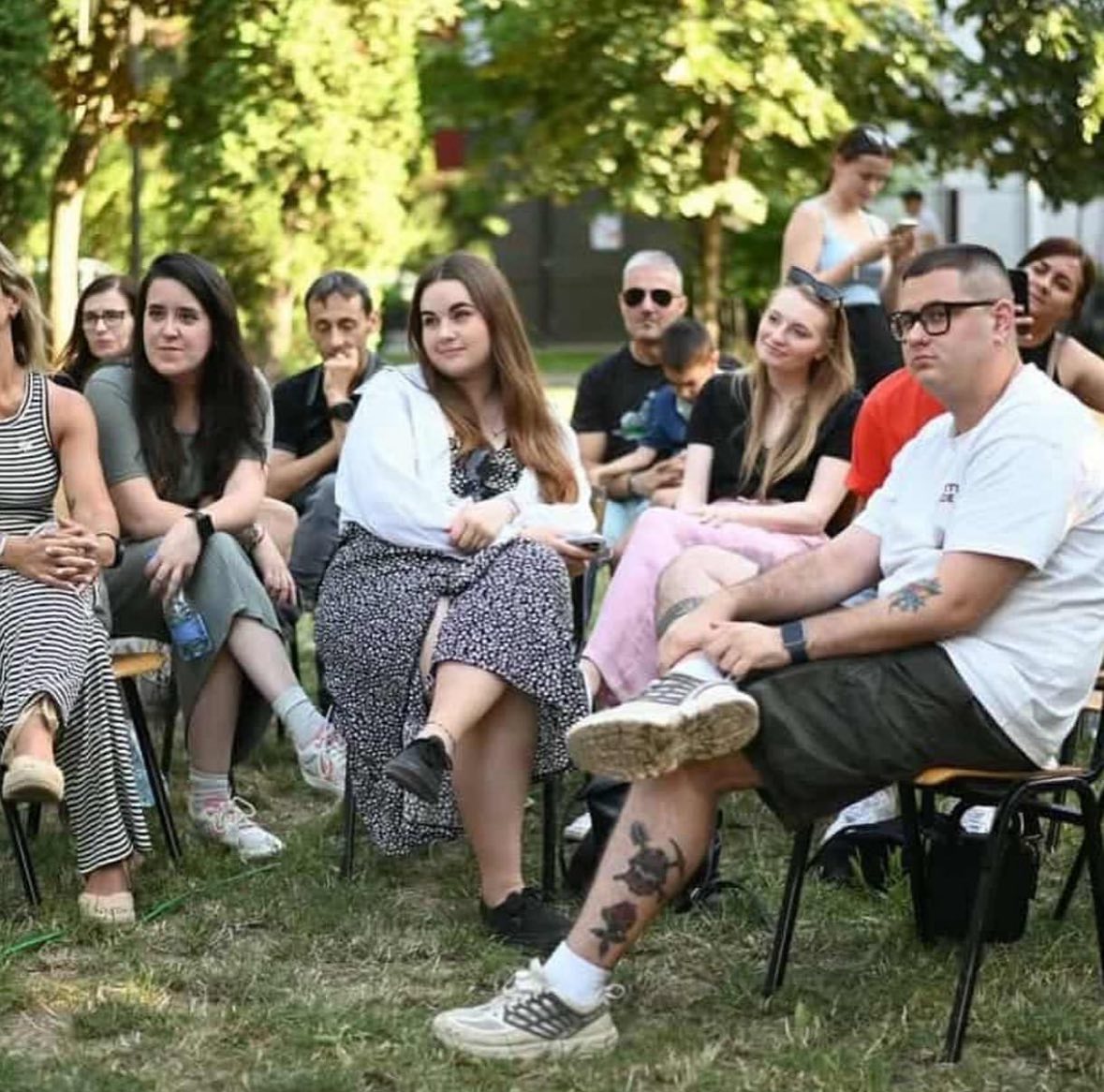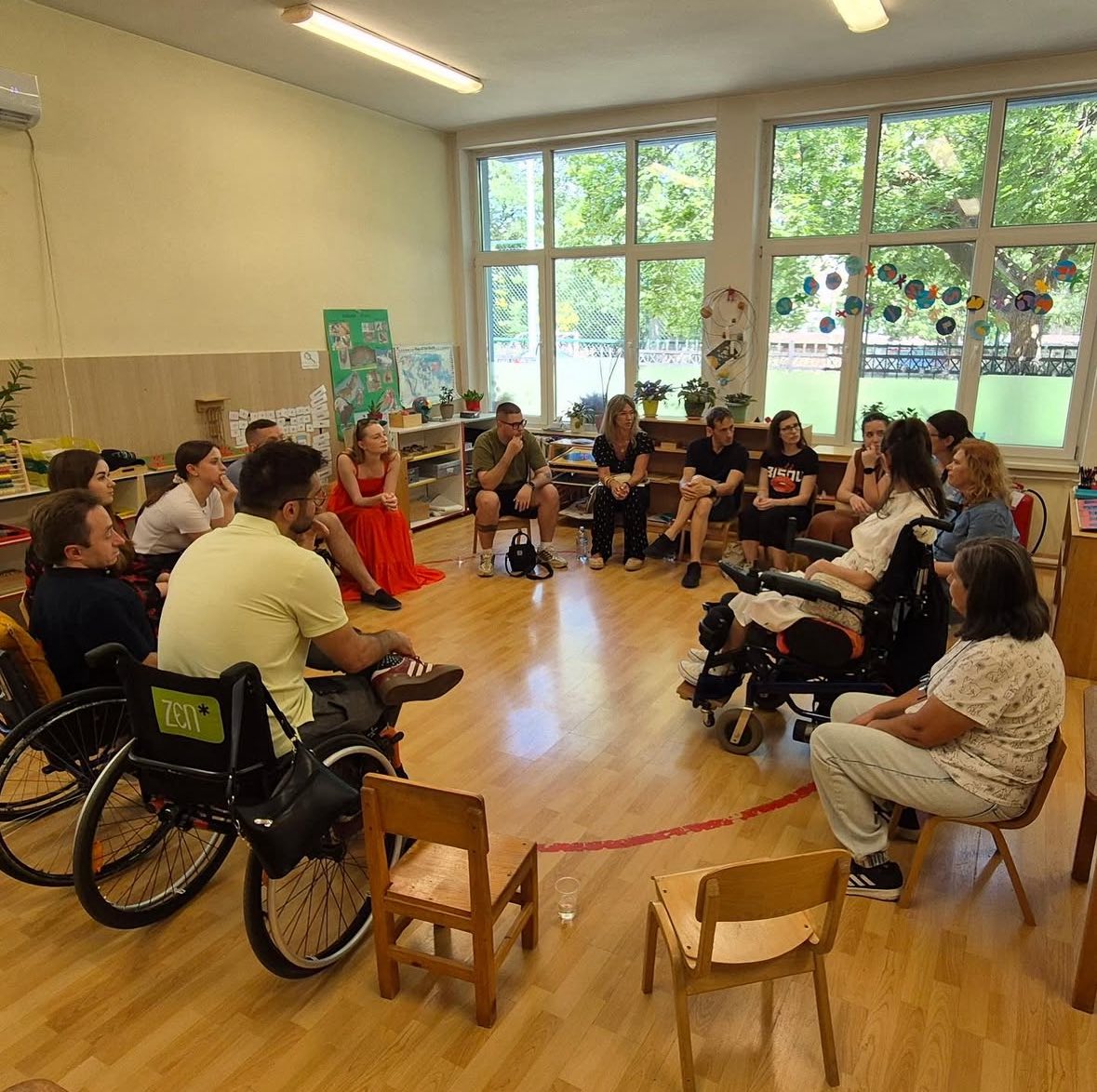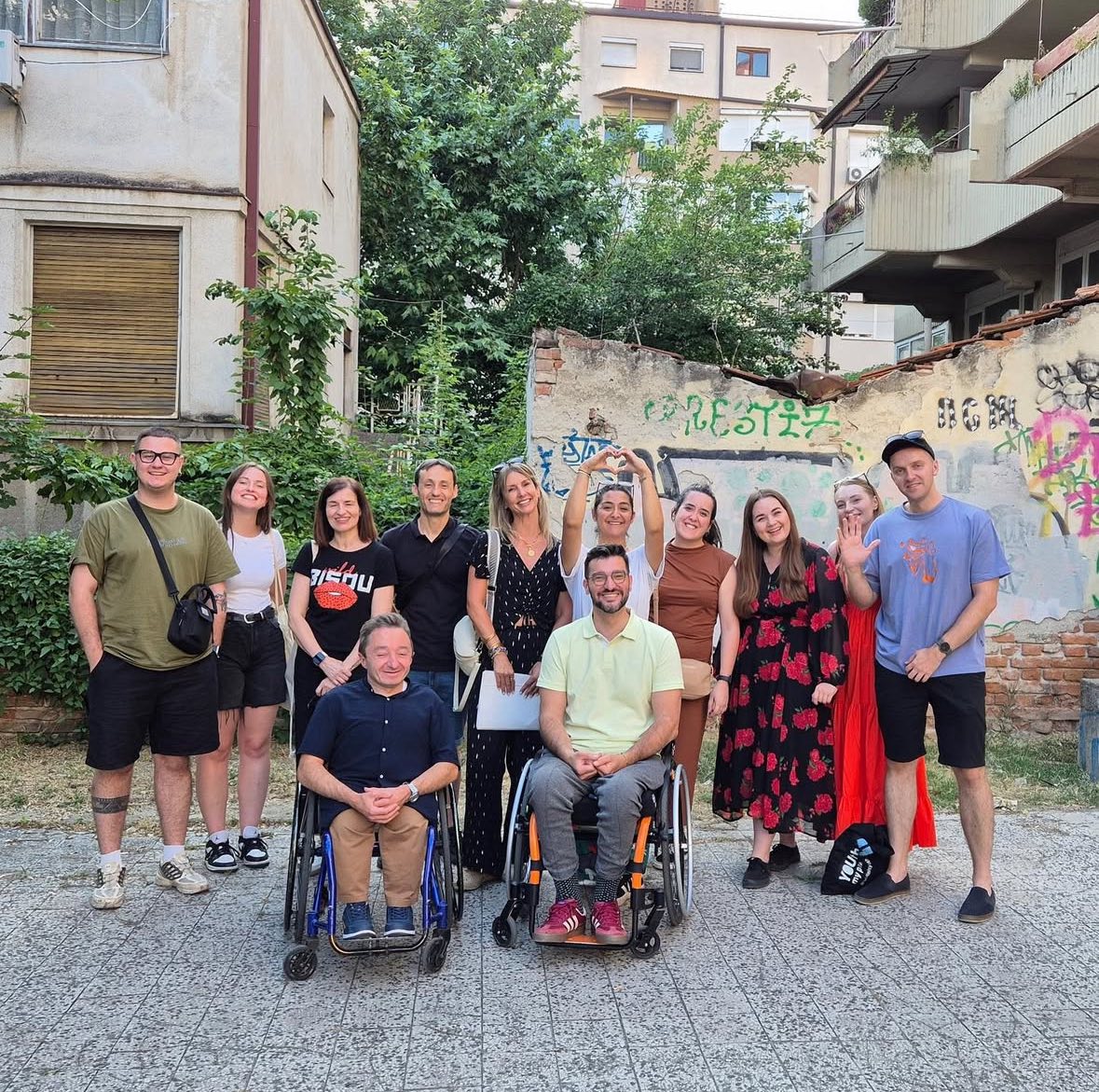Program: Erasmus+, KA210-YOU – Small-scale partnerships in youth (KA210-YOU)
Project leader: Equality NGO – North Macedonia
Duration: September 2024 – December 2025
Partners:
- Poland – Association Reflections on Europe
- Spain – AYUNTAMIENTO DE ALZIRA
Project Summary:
The project focuses on improving the quality of support for young people with disabilities by developing new working methods for professionals in the education, health, and social care sectors. Responding to the challenges of social integration and insufficient knowledge among specialists, the project partners will conduct national research, the results of which will be used to develop a practical handbook. Innovative methods will be tested during three camps, and the results of the activities will be presented in a documentary film and at an online conference. The project is in line with EU priorities on equality, diversity, and inclusion, as well as the development of teachers’ competences and education based on students’ needs.
Project goals:
– Increasing the social integration of young people with disabilities.
– Strengthening the competences of educational staff in working with people with special needs.
– Promoting equality, diversity, and inclusive education in line with EU priorities.
Main activities:
- Conducting national research on the needs and challenges of people with disabilities
- Meetings in partner countries
- Developing a practical handbook for educational, medical, and social workers with functional working methods
- Producing a documentary film showing good practices and the effects of project activities
- Conducting an online conference on integration and inclusive education
1. Camp in North Macedonia
What does it really mean to support young people with disabilities?
There is no single answer—but there are places where you can look for those answers. Skopje turned out to be one of them.
Together with partners from North Macedonia and Spain, we took a close look at what everyday life is like for young people with disabilities—and what really helps them function better in society. Not just on paper, but in reality.
It was an important lesson. Meetings with people and institutions that work on a daily basis to promote accessibility, social inclusion, and the subjective treatment of young people with various challenges opened our eyes to many issues. We had the opportunity to see what good cooperation between non-governmental organizations, public administration, and the local community looks like.
We participated in the inFusion Social Inclusion Festival, where we discussed the accessibility of urban space and quality of life. We met with representatives of ministries and local organizations, such as Equality NGO, the KRIK Youth Activity Center, and the Doza Srekja Day Center for people with Down syndrome. These visits were not just a formality.
They were meetings with people full of passion, knowledge, and commitment. They are the ones who create solutions that really work. And thanks to their openness and kindness, we were able to not only learn, but also share our experiences from Poland.
